Trade Delegation Campaign: Finland
Many well-known Finnish companies have expressed interest in expanding or renewing their Iran business following the implementation of the JCPOA.
In May 2016, as a high level-Iranian delegation went to Finland, UANI highlighted the grave risks of doing business with Iran to Finnish President Sauli Niinisto. Similarly, in October 2016, UANI issued a strong warning to Finnish companies pursuing potential business deals with Iran ahead of a visit by Finnish President Sauli Niinisto and a delegation of Finnish business leaders to Tehran October 24-26, 2016. As part of its global education campaign focused on the corporate risks of doing business with Iran, UANI has warned Finnish companies Cargotec, Nokia, Kone, Outotec and Wartsila of enormous financial, legal, and reputational risks of Iran business.
UANI Corporate Campaign
-
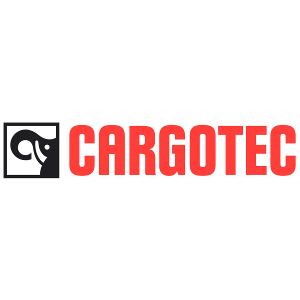
Cargotec
In 2011 UANI launched its Cranes Campaign highlighting the Iranian regime’s abhorrent execution method of public hanging from construction cranes. A 2007 press release the Finnish company Cargotec revealed that the company exported cranes to Iran as part of a 70 million euro batch of orders from Asia.
-
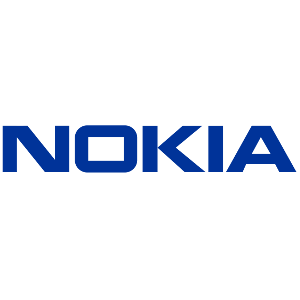
Nokia
In response to UANI’s 2Z010 campaign, Finnish telecommunications company Nokia and Nokia Siemens Networks reduced its current business in Iran and stopped seeking new business there. The Iranian regime has used Nokia Siemens technology to track and crack down on protestors. Since the signing of the JCPOA in 2017 Nokia and the Telecommunications Company of Iran signed a collaboration deal — to expand its fiber-optic network and launch FTTH services. Telecoms market research firm TeleGeography reported, “Iranian cellular market leader Mobile Communications Company of Iran (MCI) has signed a memorandum of understanding (MoU) with Finnish vendor Nokia covering the development of 5G technology. According to Iran’s Tech Rasa, “HMD Global, the Finnish company which now has the exclusive rights of Nokia phones is hoping to be able to take a share of the mobile phone market in Iran.
A Nokia press release confirms, “Nokia will receive royalty payments from HMD for sales of every Nokia branded mobile phone and tablet, covering both brand and intellectual property rights.”
-
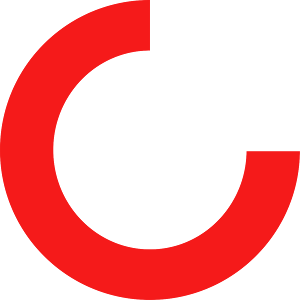
Kone
In response to UANI’s 2011 Cranes Campaign, Finnish construction company Konecranes informed UANI that it had made the decision to withdraw from the Iranian market. However, after the signing of the JCPOA, KONE participated in a Finnish delegation to Tehran to develop business with the Iranian regime. KONE also has an established relationship with SABA Asanbar Co., as the Iranian distributor of its products.
-
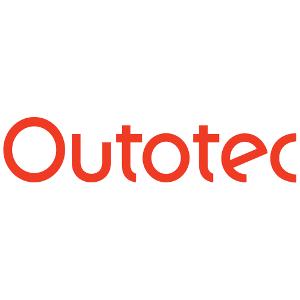
Outotec
As part of its global education campaign in 2016 UANI warned Outotec of the risks associated with operating in and doing business with Iran. Outotec began doing business with Iran in 2012 when it reached a deal worth more than $300 million for copper smelting technology with the National Iranian Copper Industry Company. In the aftermath of the signing of the JCPOA, Outotec participated in a Finnish delegation to Tehran to develop business with the Iranian regime. In January 2017, Outotec announced it agreed to deliver two sulfuric acid plants to Iran.
-
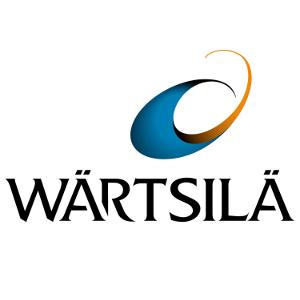
Wärtsilä
In 2012 UANI called for Finnish engine manufacturer Wärtsilä to end its irresponsible business activities related to Iran. Wärtsilä provides technology and marine diesel engines to Chinese shipbuilders that built oil tankers for the Iranian regime. In response, Wärtsilä denied that it was improperly participating in business with Iran and continued to participate in building 12 ships for the Iranian regime. In the aftermath of the signing of the JCPOA, Wärtsilä participated in a Finnish delegation to Tehran to develop business with the Iranian regime and in July 2017 Wärtsilä announced it will supply engineering and equipment deliveries for two baseload power plants to Iranian energy companies.